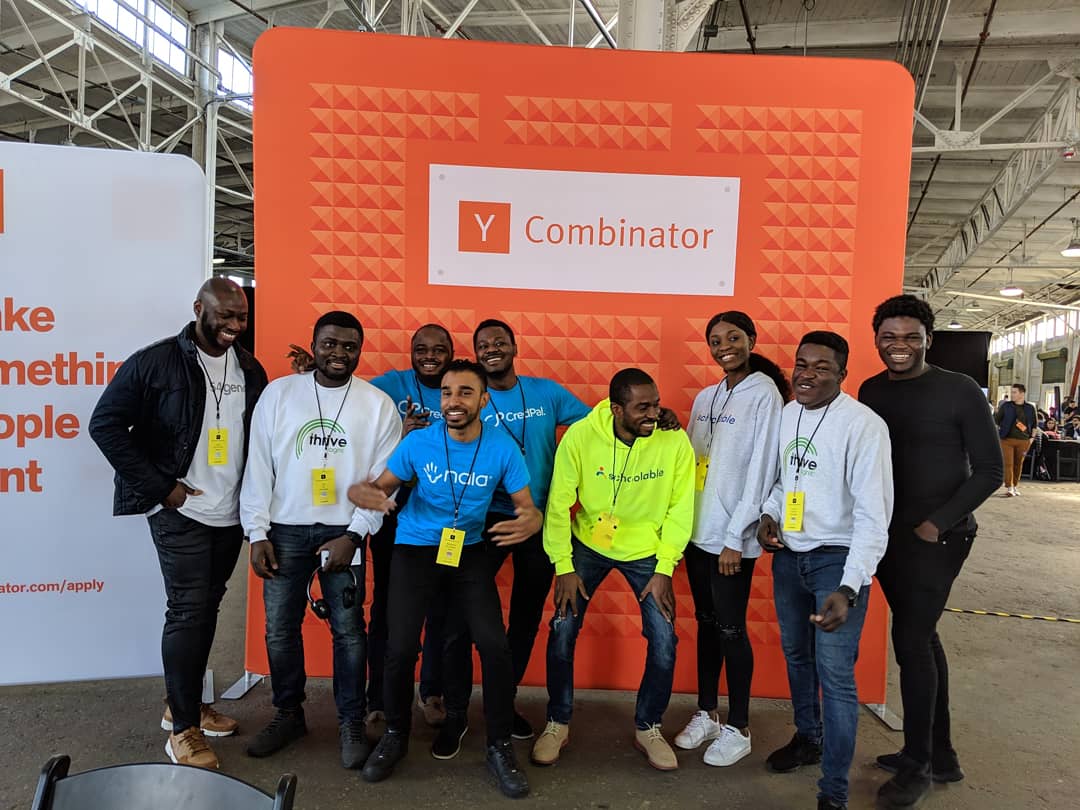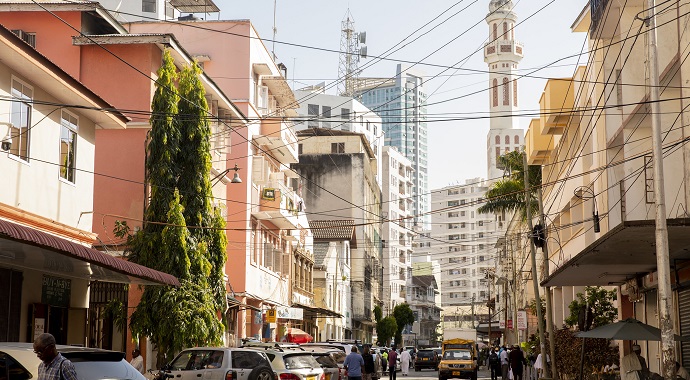In June 2014, about five months after his appointment as president of Y Combinator, Sam Altman published a blog post titled “Diversity and Startup”. In it, he condemned the lack of gender and ethnic diversity in tech, and delivered some invigorating submissions about the accelerator’s stance on, and action towards, solving the issue.
“Sexism in tech is real… saying ‘there isn’t any sexism in tech’ in the face of a mountain of data hurts things in subtle and not-so-subtle ways,” wrote Altman.
Altman would transition from president to chairman in 2019, and exit the company altogether in 2020.
It’s been a little over 6 years since that article was published and close to 3,000 startups have gone through 19 batches of the world’s most revered acceleration programme, yet the issue of gender disparity is still as present as it was back then, especially in Africa where the accelerator continues to build some sort of reputation as a validator.
The Y Combinator Summer 2022 demo day(s) concluded on Thursday September 8, 2022, and over 240 startups from 34 countries participated, including eight from Africa. In this batch, the American accelerator giant said 15% (36 out of 240) of the companies have at least one woman in the founding team, and nine percent (21 out of 240) of the entire cohort are women. In Africa, the ratio is more discouraging as only one out of the eight startups has women as founders—that’s 12.5%. The immediate previous batch—Winter 2022—had an equally disappointing gender parity ratio. Out of the 24 African startups that participated, only four had women in its founding team, and only one had a female CEO.
So far, according to its Startup Directory, YC has invested in 98 African startups and among them, only 15 have women as part of the founding team, with just five having a female CEO: Senegal’s cleantech startup Oolu, Nigeria’s fintech startup Pivo, Ethiopia’s food delivery app BeU, Morocco’s B2B ecommerce platform Waystocap, and the now defunct Ghana’s beauty-tech startup Tress. Oolu’s co-founder Nilmi Senaratna is no longer its CEO, Waystocap exited to MaxAB last year, and Tress has shut down. This leaves only BeU and Pivo, two startups that got into YC this year, on the list. Like Altman wrote in the blogpost, there’s a mountain of data indicating that YC is doing a terrible job diversifying its investment to include more female founders in Africa.
So what’s the problem? Are there no women-led companies or none looking to be backed by the accelerator?
Across the continent, there’s an increasing list of female founders building sustainable businesses in Africa. For instance, FirstCheck Africa, a pan-African women-focused angel fund that was launched last January, has invested in 10 women-led startups in four countries—including five of the 17 women-led startups that raised $1 million-plus rounds this year. The firm is now doubling down on its thesis with a fresh $12 million fund.
Similarly, the recently announced Google Black Founders Fund for Africa specifically shows that there are a handful female founders across different verticals on the continent. Unlike in 2021 when the fund debuted with 50 startups, this year would see Google funding an equal number of men- and women-founded startups.
“We have been intentional in attempting to hit gender parity, and we’ve done that through our marketing efforts,” said Folarin Aiyegbusi, head of Google’s startup ecosystem for Africa, in an interview with Quartz. “So we have more women on our campaign materials, but the selection process was purely a meritocracy.”
The two-year-old Google’s Black Founders Fund achieving gender parity spoke loudly to YC’s flaws and somewhat inactiveness in this regard, and might have even confirmed that the diversity which YC speaks about is mere lip service.
According to Africa: The Big Deal, only five women-led companies in Africa raised $1 million or more in early-stage rounds in 2019. In 2021, the number jumped to 33, and so far in 2022, the number is already at 20.
Globally, female founders receive less funding, and with this new funding drought, it’s likely going to be worse when compared to their male counterparts. But big accelerators like YC can help change the narrative by intentionally striving to achieve gender parity or, for a start, be intentional about the number of female founders they back on the continent and beyond.
YC has done well with geographical diversity, especially in emerging markets like Africa. But it hasn’t cracked gender parity in its quest for diversity. Like Altman said six years ago, more needs to be done.





















